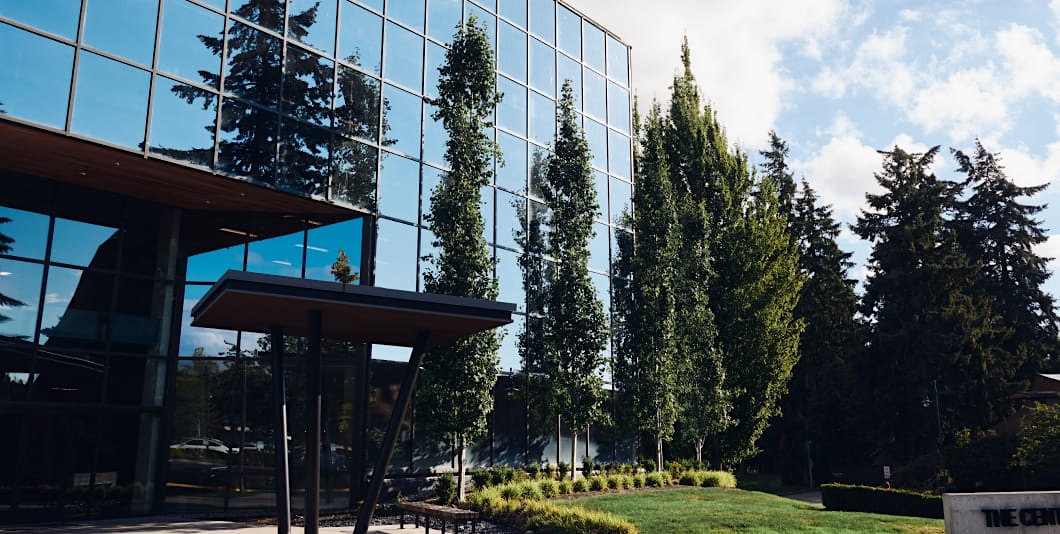
When you hire us, we will send you a letter outlining all of your rights and responsibilities. One of the most important things to remember is that you are ultimately financially responsible for your medical bills.
We will help you sort your bills and give you advice on how to prevent them from going into collections. When we negotiate a settlement on your behalf we will make sure it recognizes treatment you had to receive in connection with your case. When the settlement funds are distributed, or disbursed, we will, if you wish, make sure that your medical providers are paid out of the fund. However, you are responsible for paying your medical bills, or facing the consequences of failing to pay them.
Which Insurance Company Will Pay?
When we take on a case, we look at all of the insurance policies in play. There is an established hierarchy system known as “choice of insurance” that determines who pays for your bills and in what order.
Your first line of insurance will be your employer’s workers’ compensation system, run though Washington State’s Department of Labor & Industries (L & I). This will only pay for your bills in cases where you were working at the time of the accident. For instance, if you were driving the company truck and were rear-ended in an accident that was not your fault, L & I would likely pay for your bills.
After L & I, your own auto insurance policy comes into play. Many auto accident policies include either “Med Pay” coverage, which covers medical bills specifically, as well as “Personal Injury Protection,” which covers a wider variety of treatments, as well as emotional or psychological distress.
If you do not have car insurance, or for whatever reason your insurance does not apply, your health insurance will kick in, as prescribed by your policy. This may mean you are responsible for co-payments, meeting your deductible, etc.
If you do not have health insurance, we recommend working with your healthcare provider to see if they can work out a payment plan which offers you financial aid or need-based charity. There is no guarantee your provider will offer you help, however.
When we take on a case, we seek funds from the insurance company of the individual or business that caused your injuries. For instance, if you were injured in an auto accident, we will seek a settlement from the at-fault driver’s car insurance. Then, when you agree to the settlement, funds are sent back to all of the other parties who paid for your medical bills, including L & I, your health insurer, your auto insurance, etc. Settlement funds can also be sent to healthcare providers to pay them for any remaining bills that are outstanding.
We strongly recommend that, if you can, you pay any out-of-pocket bills that your health or auto insurance does not cover. Paying will prevent bills from going into collection or accruing late fees, and when the settlement funds are distributed, we will take the payments you’ve made into account. In other words, if you pay your medical bills up front, you’ll be reimbursed for those payments in the final settlement.












